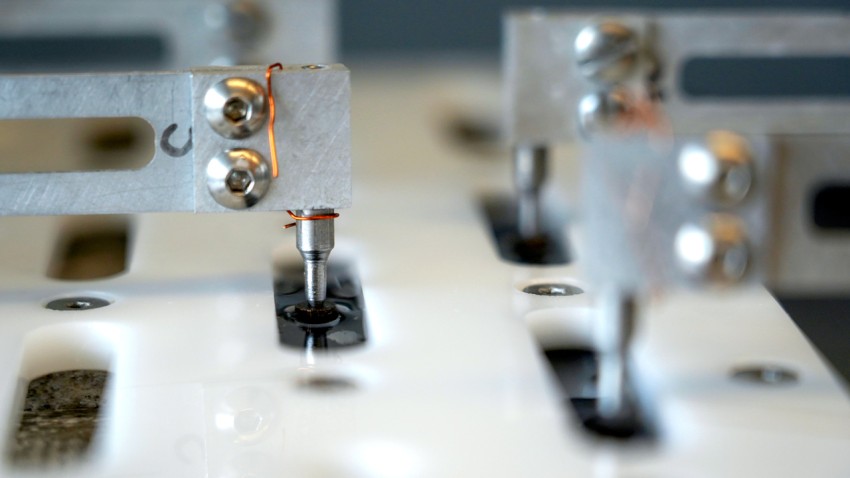
CROPPS collaboration with Science IRL demystifies research
CROPPS is partnering with Molly Edwards, the scientist and communicator behind Science IRL, on a series of videos that elucidate the center's groundbreaking research on communicating with plants. Read more











